Background checks are a critical safety and assessment tool. These screens ensure churches make informed decisions about the employees and volunteers they allow into their organization to work with children, congregants, and to access church resources. But exactly what types of background checks and searches are appropriate?
When it comes to a strategic approach to screening, churches first have to understand that a background check is a snapshot in time. The need to detect and prevent future risk is left to recurring screening or monitoring, but for the initial background check, a church must take a targeted approach to screening.
Where are records filed?
There are over 3,100 counties across the U.S., and criminal records are filed at county courts throughout the country. County record searches are considered the most accurate source of criminal history data since this is where records are filed.
When conducting a background check, it’s not enough to conduct a criminal history search of all counties where an individual has claimed they have lived. Critically, if your candidate is hiding a criminal past, they may try to evade detection by intentionally not disclosing their past addresses, hoping their criminal history remains uncovered.
On the other hand, searching all 3,100+ counties on a single background check report is cost prohibitive and impractical.
As a result, a multi-jurisdictional criminal database search is considered one of the most effective tools to potentially detect criminal history.
What is a National Criminal Database Search
Let’s start by understanding what this search is not. Despite its name, this product is not truly national. As a matter of fact, there is no such thing as a true national criminal history database that contains all criminal history records from all county courts in the United States. Further, these databases are not maintained by a government entity. These are proprietary databases that aggregate various data sources from various entities that offer digitized criminal history, arrest, incarceration and other records. These databases do not claim to contain all record information and acknowledge that depending on jurisdictions and record availability, data sources may be incomplete or entirely unavailable.
But despite these potential gaps, a national criminal history database search is still highly effective at detecting potential records. The national database search is considered a pointer search where potential hits must be verified at the county court level before a positive and confirmed result is reported to churches and employers.
An Effective Pairing
Because the database search casts a wide net across many available data sources throughout the country, and because conducting a county search is critical to obtain the most accurate, up-to-date, and complete criminal history information, a background check package containing both searches serve as a highly effective and complementary screening tool.
Coupled together, these searchers provide both the depth and breadth necessary to increase the likelihood of uncovering critical criminal history information and protecting churches.
Protect My Ministry offers several package options, including the Plus Package and a Preferred Package, that are designed to better protect your ministry and organization. For more information about these packages, contact us at support@protectmyministry.com.
This is for informational purposes only and should not be construed as legal advice. Protect My Ministry serves over 35,000 churches across the U.S. and is dedicated to helping ministries cultivate a safe environment for their staff, members and communities they serve.
